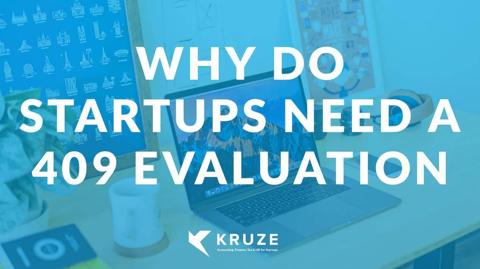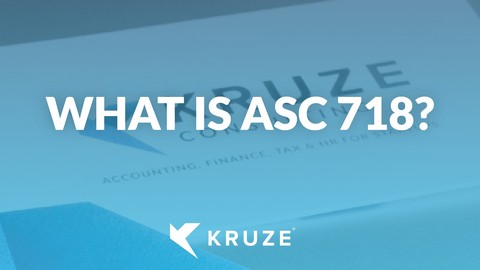
There are a number of approved methods that valuation firms use to create a 409A valuations. We’ll dig into one that is particularly important for startups - the Backsolve method. Some of the major valuation methodologies include:
- The Backsolve Method
- The Cost to Recreate
- The Discounted Cash Flow and
- The Comparable Company Analysis.
For venture backed companies, the Backsolve Method 409A valuation method is actually one of the most popular. Not only is it fairly simple, it’s also helped bring down the cost of a 409a valuation quite a bit.
Let’s dig into the Backsolve Method to see how it helps a VC backed company back into a good common stock valuation.
Assuming a company has had a recent fundraise - it’s best if it was less than 12 months, but 18 will sometimes work - the Backsolve Method is a great option for the basic valuation work. This method assumes that a professional, experienced investor assigned a value to the company at the last investment round. Therefore, the valuation team can rely on that price - it’s basically already valued the company.
With one major exception.
Venture investors usually purchase preferred stock. This stock has a number of very special rights and terms. Things like liquidation preferences, redemption rights, informational rights, the ability to accept or reject corporate transactions… so the preferred stock must be worth more than standard common.
Therefore, the Backsolve will put a discount against the preferred and “back” into the common value. This is usually around a 30% to 25% of the preferred value. Therefore, a preferred stock that was bought by professional investors at $1 implies a common stock value of around $0.30.
That’s it. Pretty simple!
How often does my startup need a 409A valuation?
Startups must get a new 409A valuation from a third-party accredited valuation provider every 12 months, or every time there is a significant change in the company’s valuation. 409A valuations are now required by the IRS to prevent startups from underpricing their stock options. Underpriced options allow the management team to buy stocks at a very low price, and then only pay capital gain taxes on any appreciation. The capital gain rate is much lower than ordinary income tax rates, so the IRS wasn’t getting as much tax revenue.















